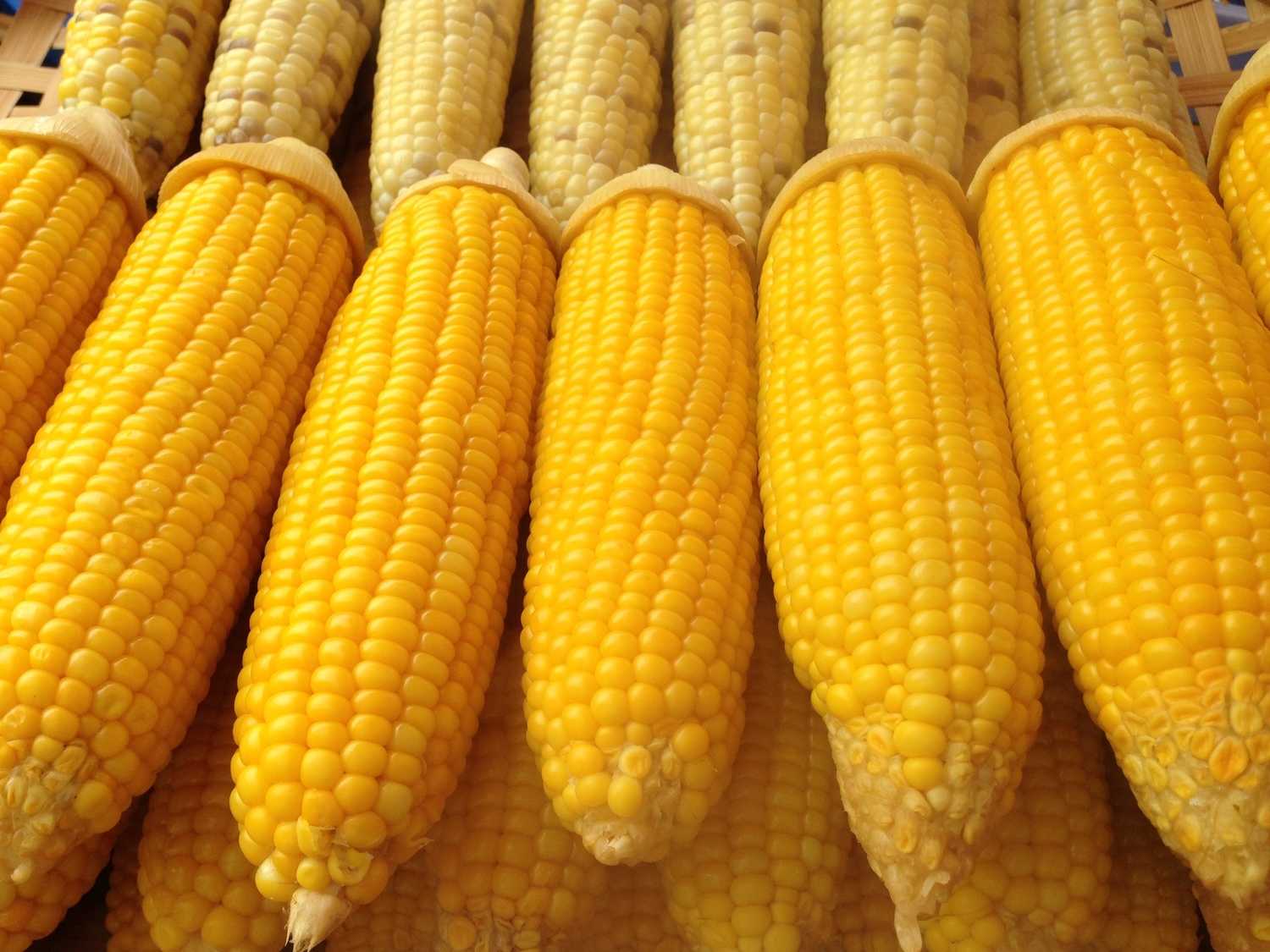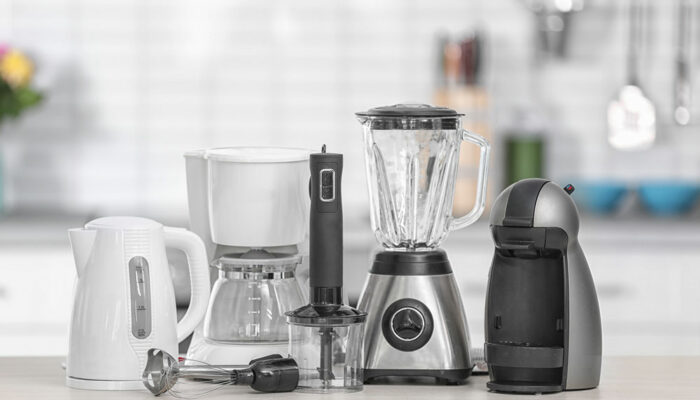
The Worst foods for Colitis
Constant colon inflammation is a symptom of colitis, a type of inflammatory bowel disease (IBD) similar to crohn’s disease. There are two main types of colitis: ulcerative colitis and proctitis. If you have colitis or Crohn’s, it’s important to identify what triggers your symptoms and manage or avoid them accordingly, as well as adhere to doctor prescribed medications and treatments like stelara, entyvio, and simponi. Here are some common foods to avoid with colitis:
1. Dairy products
Dairy from animal sources—like butter, cream, milk, and icecream—can be difficult to digest because of their high lactose content. People with IBD may also have trouble breaking them down because of an autoimmune response that attacks the lining of the intestine. You can test for dairy sensitivity by removing these products from your diet and seeing if your symptoms improve. If you notice a significant reduction in your symptoms, you’ll likely need to eliminate dairy from your diet completely.
2. Corn
It is one of the most common irritants for those suffering from colitis. It is difficult to digest and may be contaminated with mycotoxins, fungi that can cause inflammation in the digestive tract. If you have IBD, you may benefit from a low-FODMAP diet that eliminates it and other high-FODMAP foods. If you suspect it contributes to your IBD symptoms, you can try removing it from your diet to see if your symptoms improve. A food journal can help track your symptoms and diet to help identify potential trigger foods.
3. Coffee or caffeine
Coffee and other caffeinated beverages can trigger IBD symptoms in some people. The high acid content of coffee can irritate the stomach, causing indigestion and heartburn. If you have IBD and experience digestive symptoms after drinking coffee, you may want to avoid caffeinated beverages. Try consuming decaffeinated coffee to see if it alleviates your symptoms.
4. Carbonated beverages
These beverages can irritate the gastrointestinal tract and increase IBS symptoms. IBS patients are more likely to experience gas, bloating, and abdominal pain after consuming carbonated drinks like sparkling water or club soda. If you have IBD and experience digestive symptoms after drinking these beverages, you may want to avoid them.
5. Butter or margarine
Although butter is high in saturated fats, the bacteria in fermented butter may help treat IBD. On the other hand, margarine and other hydrogenated fats may aggravate IBD symptoms. If you have IBD and notice a change in your symptoms after eating them, you may need to avoid these foods altogether.
If you have been diagnosed with ulcerative colitis and are concerned about what foods to avoid, read on to learn more. There are two main types of colitis: ulcerative colitis and proctitis. Both types of this condition are usually triggered by a bacterial infection, which is why it’s so important to understand which foods trigger your specific case. A diet high in acidic fruits like oranges, lemons, and limes can cause flare-ups for those who suffer from proctitis because they are difficult to digest. Other common irritants include spices such as ginger and cinnamon that stimulate the digestive tract.



